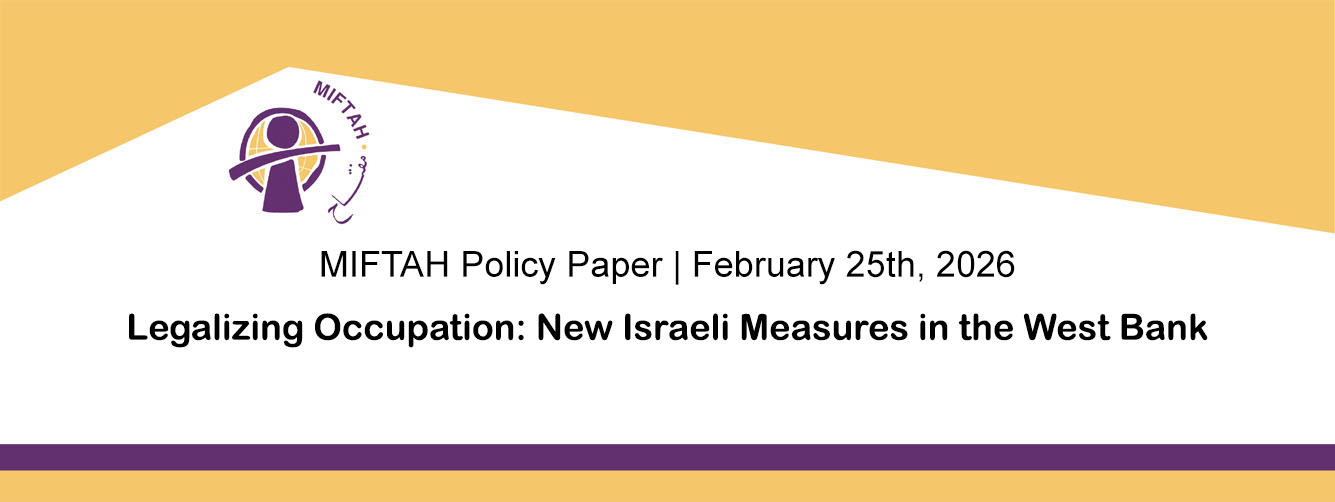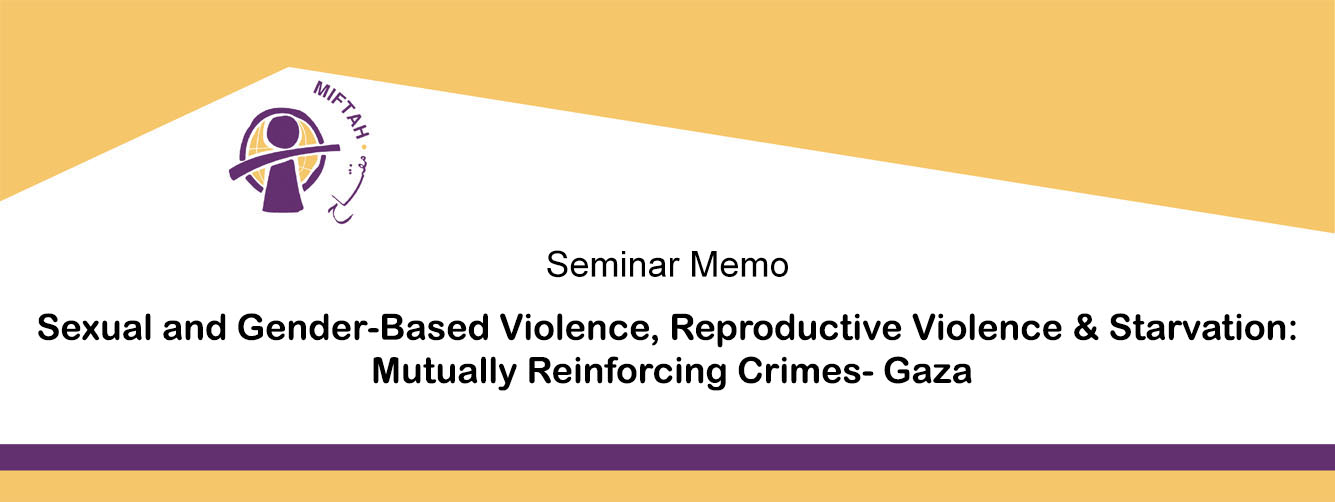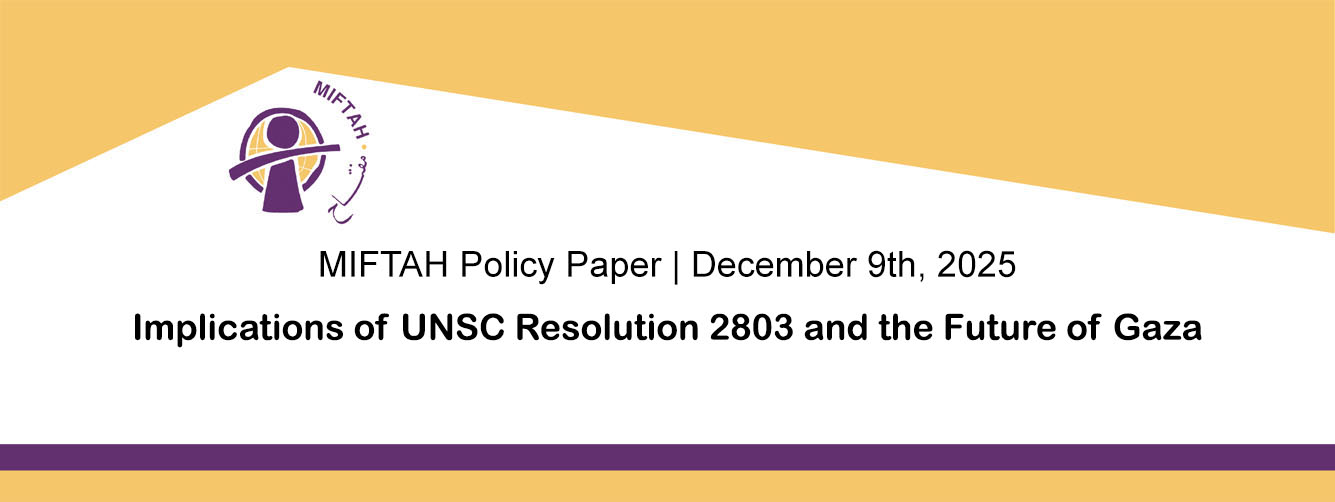OVERVIEW
In this months briefing, we review conditions in three of twelve 'temporary' Israeli interrogation and detention centres, where Palestinian children are being held in cramped sordid conditions with inadequate food, sleeping materials and sanitation, to say nothing of family visits, education or healthcare. Torture and beatings are the norm in these facilities, even for children as young as 13 (see Case Studies).
As readers will know from previous DCI prisoner briefings, overcrowding is a real issue in permanent prisons for children. This, along with burgeoning numbers of arrests in recent Israeli crackdowns, means that Palestinian prisoners, including children, are being held for long periods of time in temporary facilities which are barely suited to overnight stays, let alone the three months endured by some minors.
Detention centres are usually located within Israeli military bases and run by soldiers. Up to 11 children are crammed into small cells of around five to six square metres, sometimes with adult detainees. Children are given food of limited nutritional value, often in inadequate quantities. A typical example is Hawara, where nine people eat a meal sufficient for two. In addition, detainees can only go to the toilet three times a day at pre-defined times. Outside those hours they are compelled to use a make-shift container or soil their clothes.
Access to recreation is provided infrequently where it is provided at all. At Atziun, prisoners can only take a 40 minute break every 13 days and at Bet El, prisoners are given 15-30 minutes once a week. Family visits are not allowed, as Palestinians are not permitted to enter Israeli military bases.
Alongside inhumane conditions, mistreatment and torture are rife throughout the detention and interrogation process, even for prisoners as young as 13-14 years old. In one appalling incident, three young teenagers from Hebron were picked up, blindfolded, beaten, threatened and detained overnight, before being released the next day.
Overall, the situation in detention centres is a stark indicator that the Israeli judicial system is unable to cope with the consequences of increasingly repressive laws, including the option to detain children without charges (12 days) and the use of administrative detention orders against minors. Although some children have received an early release from Atzion to ease pressure on resources, many others remain confined in unbearable conditions, in contravention of Israeli military orders, where torture and abuse by guards represent just one of a daily roll-call of abuses.
TEMPORARY DETENTION?
Hawara Detention Centre
On 5 May 2003, the DCI lawyer visited Hawara detention centre near Nablus, which holds 85 detainees, including 47 administrative detainees and 15 children under-18. After repeated calls to the legal advisor at the camp, a two hour wait at the gates and a minute search, the lawyer was able to enter the camp to look at detention conditions and visit three child detainees. The lawyer was prevented from seeing other child detainees on the pretext that he had not submitted a list of names for prior approval.
Conditions in the detention centre were extremely poor, not only physically, but mentally, as prisoners are continually subjected to abuse and inhumane treatment by the guards. As a protest, prisoners set fire to their mattresses on 1 May.
Some of the worst features of Hawara are overcrowding, poor treatment and a lack of distinction between child and adult prisoners. Around 9 prisoners are held in each room of about 6 square metres. Most of them sleep on the floor due to a severe lack of mattresses. Sleeping materials are old and torn, and unhygienic.
Health and nutrition standards are also appalling. Most prisoners are suffering from skin problems as a result of sleeping on the floor or on the mattresses. There is no on-site doctor, although in emergencies, prisoners are taken to hospital. This happened on the day of the mattress burning, when a 17 year old prisoner had breathing problems. He was taken to Ma'ir hospital in Kufr Saba and given oxygen, although he returned 6 hours later and was given no further treatment - not even an inhaler. At meal times, each cell receives enough food for around two people, not nine. The food lacks nutrients and is of poor quality.
Prisoners are also kept locked up for long periods of time and are not allowed to take a daily recess. Indeed, they are only allowed to go to the bathroom three times a day for 10 minutes. In this time, prisoners have to bathe, although the prisoner administration does not provide hot water, soap, or shampoo. Prisoners are not allowed to go to the bathroom outside these hours, and some of them have had to urinate in their clothes or in a carton inside their room.
Bet El Detention Centre
On 21 April, a DCI lawyer visited Bet El military base just outside Ramallah, where children are being kept for long periods of time in unsuitable temporary detention facilities. Among other privations, children are denied family visits, kept in cramped conditions - 11 prisoners held in five square metress - and often alongside adult prisoners. Recreation is limited to a 30 minute break just once a week. The youngest of the children, is 14 years old.
DCI has taken affidavits from six of the children, at least two of whom have been subjected to positional torture, or shabeh.
Munir Zahran from Deir Abu-Misha'l, is 14 years old:
"I was arrested on the 3rd of April (2002) and then they decided to detain me, pending trial. According to the court decision I was supposed to be transferred to another centre, but until now this has not happened. The detention circumstances are very hard. We are with 11 detainees in this very small room of a bit more than 5 m². There are two adults being held with us. We sleep on 4 mattresses and share 4 blankets. We are allowed to use the bathroom three times a day only and we can take a shower once a week. We are given a recess once a week of 15-30 minutes. The administration does not provide any goods, or clothes. We do not have anything to spend our time with, just we sit and talk. Sometimes we are given Hebrew newspapers, but we cannot read Hebrew. I need to be transferred immediately."
Munir was sentenced to 11 months and a 22 month suspended sentence on 18 May 2003. The Judge ordered that he should be transferred immediately, although at the time of writing, he is still held at Hawara.
Ibraheem Mohammed Salam ElHajj is 15 years old and still awaiting trial;
"I am giving this affidavit to transfer me from Bet El to another detention centre. I was taken on 18/3 and on the 1st of April they decided to detain me, pending trial. The situation is unbearable. We are in a very small room with 11 people: we sleep on 4 mattresses: every three detainees share a blanket and a mattress. We are allowed to use the bathroom only three times a day at specific times. And only once a week are we allowed to take a 30 minutes recess. There is nothing in the room, we spend our time sitting and talking: there are no books etc. Regarding the food, we get 3 meals a day, but it is of bad quality and it is not enough either. The prison guards and administration treat us very badly. They force us into shabeh position by tying our hands up and one lef and then making us face the wall. I want to leave this detention centre as soon as possible."
Atziun Detention Centre
On 8 April 2003, a DCI lawyer visited Atziun detention centre in the Hebron area, which houses 115 detainees, including 14 children. Overcrowding is again a problem, with children sharing a cell of some six metres squared.
As in other detention centres, food lacks nutritional value and is insufficient for the number of prisoners. On subsequent days, five and seven loaves of bread were distributed to feed 65 detainees. When asked for additional provisions, the guards produced only stale bread.
Meanwhile, children can only use the bathroom three times a day, at certain designated times. This caused extreme humiliation and upset recently when inmates suffered stomach upsets and diarrhoea as a result of the poor quality food. A number of the detainees called to the guards to be allowed to use the toilets and hammered on the door of their cell. The guards responded by beating the prisoners. This meant that a number of detainees were forced to defecate into their clothes or into makeshift receptacles. The detainees were refused access to washing or showing facilities.
As well as temporary inmates, awaiting trial, the detention centre is also housing prisoners who have been sentenced already and should have been transferred to permanent facilities with special provisions for children. The overcrowding has reached such proportions that some children with lighter sentences have been released early. These include Bayan Najajira (see briefing 13), aged 14, who was arrested on 24/3/2003 and sentenced to 3 months imprisonment; Khadar Abu Sill, aged 16, who was arrested 19/2/2003 and sentenced to 8 months imprisonment; and Awda Abu Za'nuna, aged 15, arrested 1/2/2003, also sentenced to 8 months.
CASE STUDIES
As the cases below illustrate, abuses of human rights at these facilities are rife and include: arbitrary beatings; use of torture; denial of access to basic sanitation facilities and inadequate provision of sustenance. Threats of sexual assault also constitute a frequent and worrying trend.
Case One; Wajdi Najajira, aged 17
Wajdi is in the 11th grade at school and was arrested on 24/4/2003 at 3.00 am at his family home in Hebron, West Bank. IDF soldiers proceeded to search the family home and handcuffed and blindfolded Wajdi. He sustained injuries to his left wrist from the restraints.
Wajdi was then taken to Atziun Detention Centre. In transit to the facility, he was beaten by IDF soldiers with the butts of their weapons, threatened and verbally abused.
On arrival at Atziun, Wajdi was interrogated by a member of the Israeli Security Services. The official asked him about various activities, which Wajdi denied. The official then beat Wajdi and verbally abused him.
Wajdi was interrogated for a second time by an official claiming to be a Shabak officer. The officer produced a document in Hebrew and asked him to sign it. Wajdi refused stating that he did not understand the document. He was beaten again for refusing to sign the document and, under extreme duress, he relented and signed the document.
Wajdi continues to be held in a six square metre cell with 11 other detainees, all less than 18 years old. Use of toilet facilities is restricted to three 15 minute visits per day. Wajdi has also been denied access to medical attention despite a serious nose problem for which he was due to undergo surgery prior to his detention.
Case Two; Nidal Akram Moussa, 13
Thirteen year old Nidal lives in Hebron with his family and was arrested on 8/4/2003 by IDF soldiers. The soldiers accused Nidal and two of his friends - Jihad and Lafi - of throwing stones. The three children were spat upon, blindfolded, beaten and threatened with sexual abuse.
The children were then taken to the Kiriat Arba'a settlement and held in a military compound. All three were questioned by a guard as to whether they had been throwing stones, which they denied. The IDF changed shift at midnight and the new arrivals attempted to beat the children, but were prevented by the guard. The soldiers threw stones at the children.
The children were brought food in the early hours of the morning but they were too afraid to eat because they suspected that the food might have been poisoned. An IDF soldier also entered the cage in which they were being held and threatened them with a knife.
The children were released at 14.00 the following day.
Case Three; Update on Bayan Najajira, (now released).
"I was arrested at the family home at 2 a.m. The family - including the children - was forced to stand outside in the rain as they searched our home. I was forced into a jeep and beaten on the head, back and legs with rifle butts. The IDF soldiers threatened to demolish our home and sexually assault me."
Blindfolded and restrained, Bayan was taken to an Israeli settlement and onto Atziun Detention Centre where he was held in solitary confinement for five days. Bayan was then transferred to a six square metre room containing fourteen other detainees.
Food of poor nutritional value was provided in insufficient quantities and access to sanitary facilities was denied. Bayan's parents were not allowed to visit him and he received no access to education during his detention. Whilst in captivity Bayan's health deteriorated and he required, but did not receive, medical attention for his legs (a result of the beating).
On 7/4/2003 Bayan was sentenced at Beit El Military Court to 3-months imprisonment and a 9-month suspended sentence. He was released prior to serving his full term but not for reasons of clemency. The escalating number of arrests has compelled Israeli authorities to release prisoners under the age of 18 charged with more minor offences.






